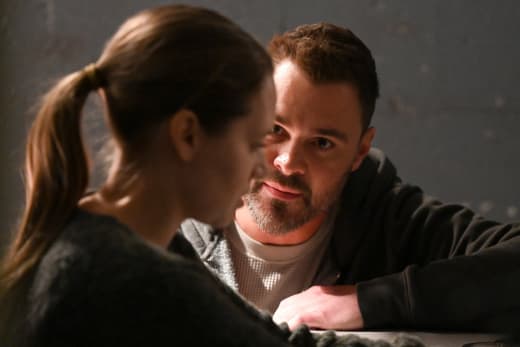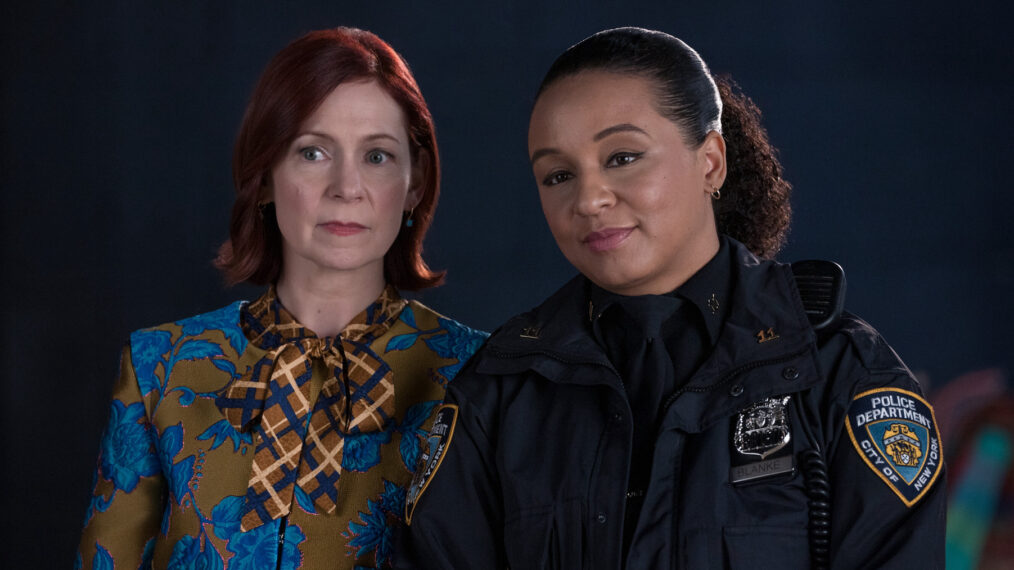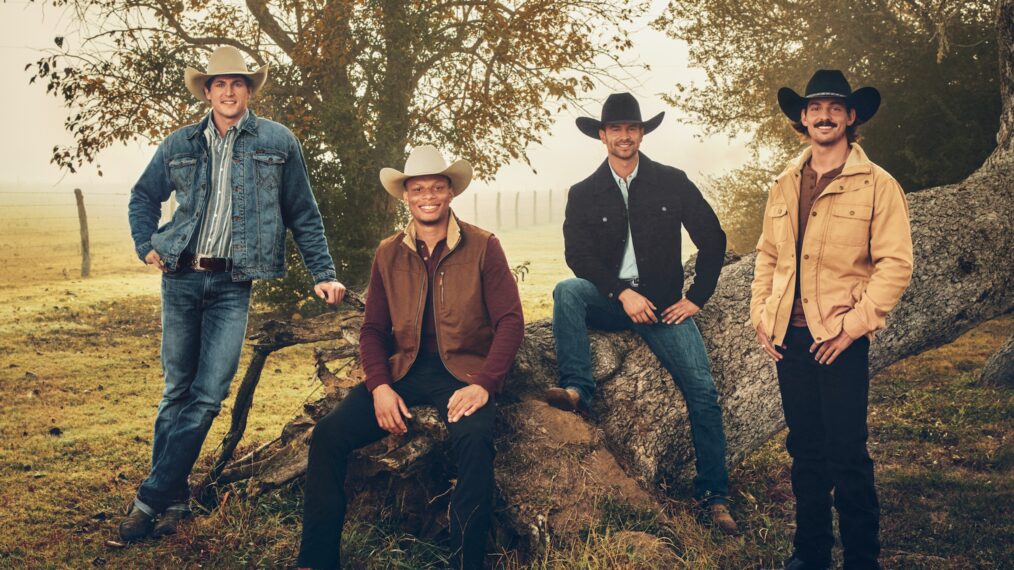Cannes 2023: Anh Hung Tran’s ‘The Pot-au-Feu’ is Gastronomic Bliss
by Alex Billington
May 24, 2023
“Eating is not merely a material pleasure… Eating well gives a spectacular joy to life and contributes immensely to goodwill and happy companionship.” –Elsa Schiaparelli. This is the first major masterpiece premiere at Cannes that I’ve encountered this year (so far) after watching 21 films at the festival. The Pot-au-Feu is Vietnamese-French director Anh Hung Tran’s latest feature, an exquisite voyage through the world of French cuisine and gastronomy. It’s bliss. Food heaven. I spent two hours in heaven and returned to tell the tale. There isn’t a single shot in it that isn’t perfect composed. There isn’t a single scene I would change. It deserves a perfect score – the only one I’ve given so far in Cannes. The only issues that have come to mind since it ended have been dismissed after further analysis and discussion (will save this for another time as most of it involves spoilers that I won’t publish now). This is one of the most magnificent, decadent, delicious food films I have ever seen. An instant classic, instant comfort movie favorite, instant inspiration.
Both written & directed by Anh Hung Tran (following his previous films The Scent of Green Papaya, Cyclo, Norwegian Wood), The Pot-au-Feu also goes under the French title The Passion of Dodin Bouffant (or La Passion de Dodin Bouffant). The English title, which is actually a French dish, refers to a meal of slowly boiled meat and vegetables in a broth. Yes, they try to cook this at one point in the film. But it’s not the star of the show and it’s not the best dish in it either. The film stars Juliette Binoche as Eugénie, a master chef for a very wealthy aristocrat named Dodin Bouffant, played by Benoît Magimel. It is set in the late 1800s and takes place mostly at a manor run by Monsieur Bouffant, and in his luxurious kitchen where Eugénie works with her two young assistants to create some of the most extraordinarily sumptuous dishes you will ever see. If only we could try them all… The film doesn’t have much of a plot: we spend most of it with these people, and Dodin’s close friends, as they prepare, eat, and discuss food & how glorious it can be. Much like Kaurismäki’s Fallen Leaves, the film doesn’t really need a plot – simple is better. This goes for cooking, too.
The Pot-au-Feu opens with an utterly breathtaking ~30 minute sequence showing Eugénie, nearly silently, prepare and cook an entire feast from start to finish in her vintage kitchen run by wood-burning stove. I was waiting for the right moment to burst into rapturous applause, but by the time they start eating, and after she finishes cooking, the film just continues on drifting its way right into the next big conversation about gastronomy. The “watching people make amazing food” subgenre is already extensive, with classics like Big Night and Babette’s Feast at the top of the list. The Pot-au-Feu instantly joins these two. It’s pretty much just two hours of beautifully shot cuisine, entrancing us with its love and appreciation for food. There’s also a love story to be found within, which is referenced often in scene after scene reminding us that food = sex. Many critics have already been calling it the horniest film at Cannes, or the sexiest, with some of the hottest scenes you’ll see on screen. Even though there’s no actual sex scenes in the film, anyone who loves food knows how a good meal can turn you on – and this a key part of the magic of Anh Hung Tran’s masterpiece.
Along with all the romance, this gorgeous film confidently reminds us how men can also be masters of the kitchen. It’s not just a woman’s job, and the film is not at all sexist in depicting or saying that women belong in the kitchen and men don’t. This claim is expertly defeated by a mouth-watering scene in which Monsieur Bouffant expresses his love for Eugénie by cooking her a meal. It’s an unforgettable experience to watch him work and create these one-of-a-kind dishes. Later, the film also shows how a love for gastronomy and haute cuisine is something that can be passed down from generation to generation. Older chefs must teach their ways to young apprentices ready to learn, who will begin to shape and hone their own palette as they grow up immersed in food culture. The ultimate point of the film by the end is that each chef is a master of certain iconic dishes that only they can make perfectly, and instead of trying to replicate that, every chef (amateur or professional) will have their own tastes and preferences that will define them. It’s so delicately handled, so wonderfully depicted on screen, that I got emotional watching them working in the kitchen. It’s euphoric.
As with any exceptional meal, Anh Hung Tran makes sure every ingredient is perfect. The sound design is just lovely – in addition to the sounds of the kitchen he lets nature itself waft in through the open doors with birds and breezes complimenting the sizzles and steam. Every last shot is perfect – the cinematography by Jonathan Ricquebourg is to die for… There are two moments that will go down in cinema history. One involves a match cut with a pear; the other involves a simple spiraling shot taking us through the seasons without ever cutting. There’s also a shot of them strolling through green trees that was almost ethereal in its perfection. All the performances are sublime. The food is godly. All the conversations are invigorating. The editing and pacing are on point, like a fine restaurant sending each new dish to the table right as you finish off the one before. I can’t find a single thing to criticize. I have no notes. None. This film doesn’t need to be anything more than what it is, doesn’t need accoutrements or even a dash of salt, it’s absolutely perfect as is.
Alex’s Cannes 2023 Rating: 10 out of 10
Follow Alex on Twitter – @firstshowing / Or Letterboxd – @firstshowing




























